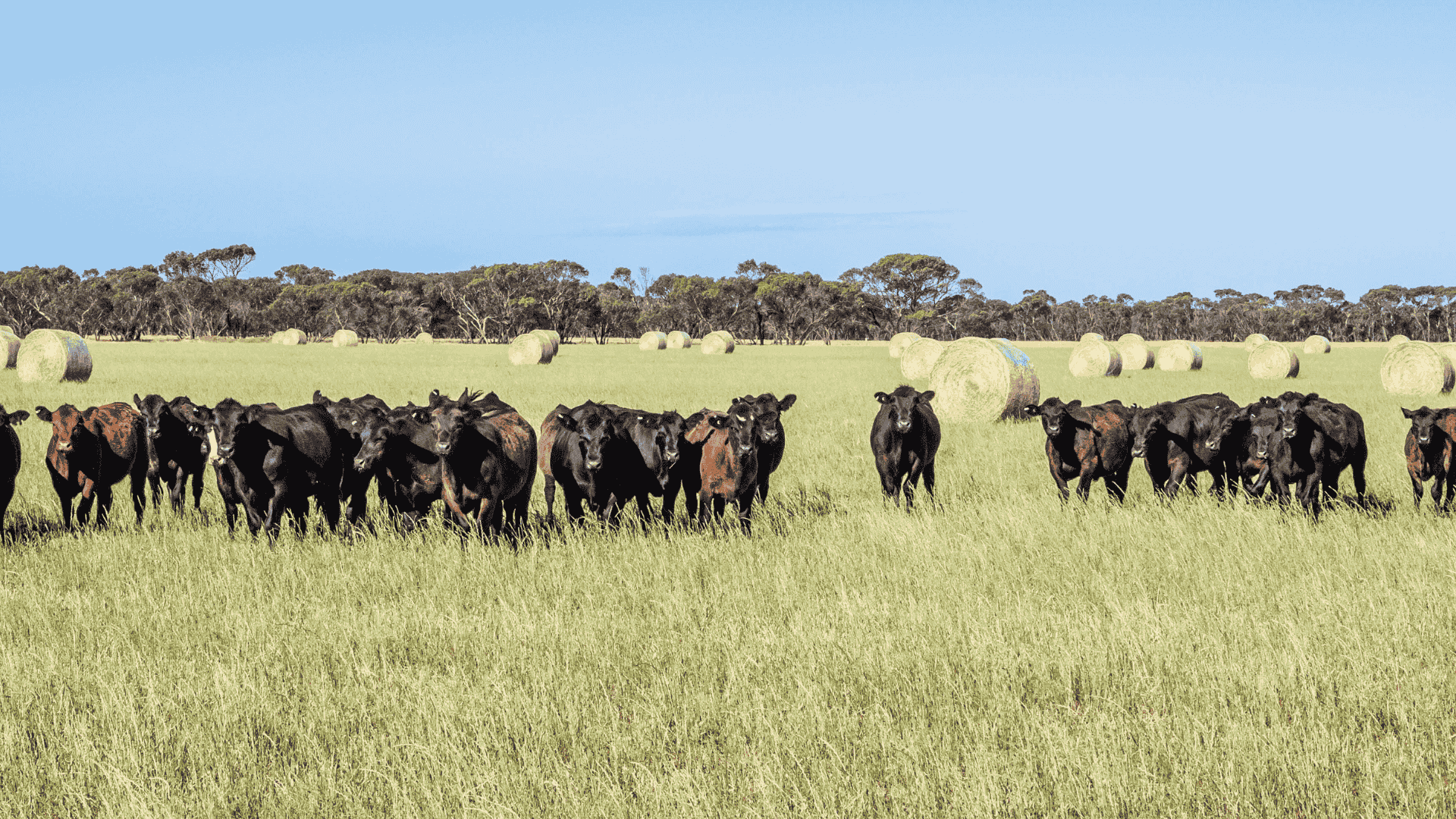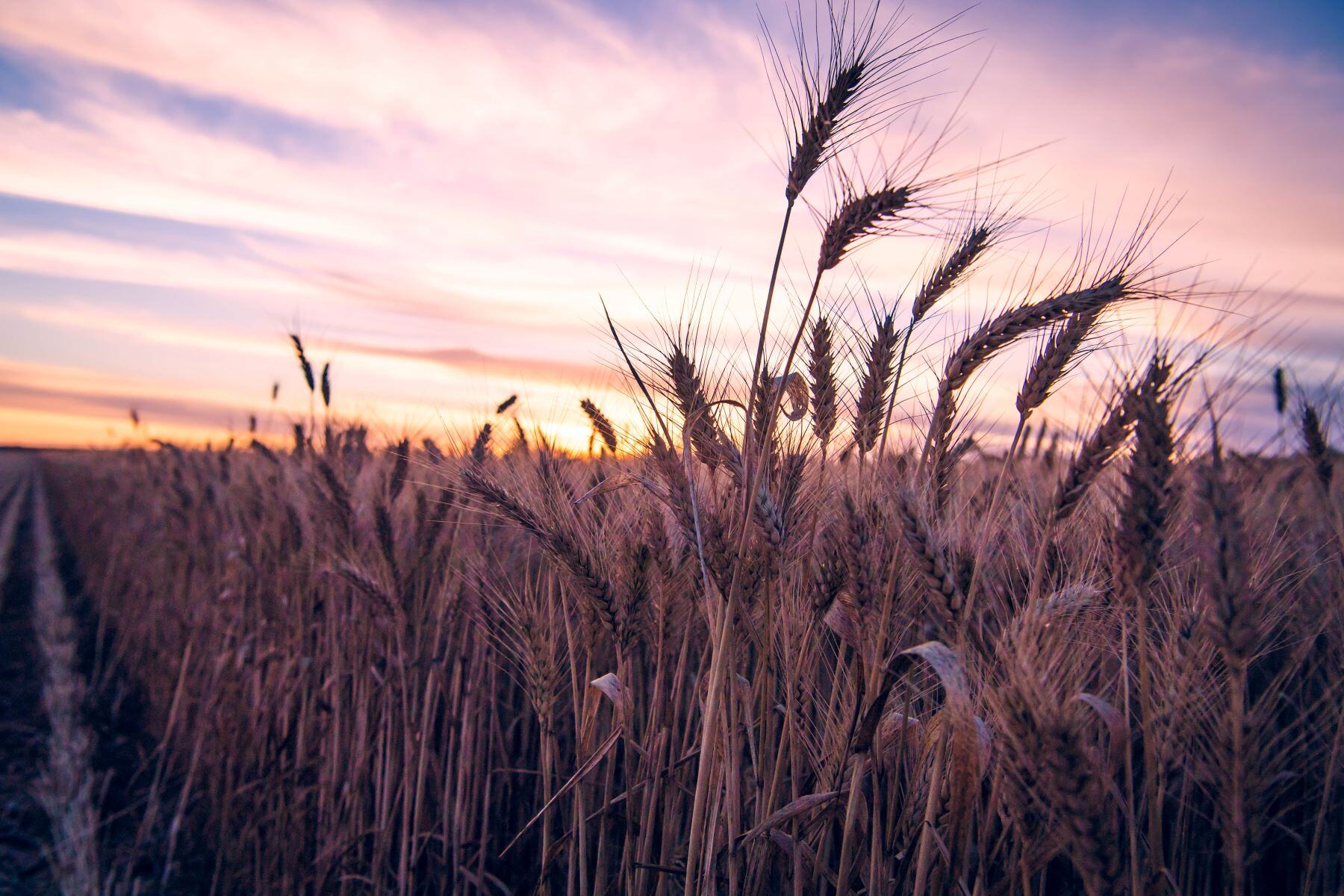Aussie meat in high demand despite international beef
Australian beef is a hot commodity despite trade tussles with China and the United States, while domestic prices wane as farmers recover from floods...
Grain Producers Australia and its state farming organisation members are in the final stages of presenting data and science to support the ongoing use of two key herbicides to Australia’s broadacre cropping systems.
The collective voice of these groups has remained staunchly opposed to proposed changes to the use of paraquat and diquat that were announced by the Australian chemical regulator in late July.
They say the changes would result in growers having to substantially alter their farming practices and face increased soil erosion, yield loss and weed and pest infestation, have been the target of much unrest across most agricultural sectors in recent months.
GPA Interim Chief Executive Pete Arkle said the methodology and risk assessment processes relied upon by the Australian Pesticides and Veterinary Medicines Authority’s (APVMA) in this review were short-sighted and would detrimentally impact the industry.
“The assessments and data relied on demonstrates a highly conservative approach that may not fully account for Australia’s unique agricultural landscapes,” he said.
“GPA would support a process for industry to help inform the APVMA’s scientific needs with investment in research.
“GPA members continue to support an independent, evidence based and scientifically focused regulator that’s operating as efficiently as it should and can be.”
The consultation phase of the APVMA process closes on Tuesday.
 Grain Producers South Australia Chief Executive Officer Brad Perry said the significant restrictions proposed by the APVMA were of great concern to grain producers across Australia.
Grain Producers South Australia Chief Executive Officer Brad Perry said the significant restrictions proposed by the APVMA were of great concern to grain producers across Australia.
"Both chemicals play a critical role in current weed management strategies, particularly in the control of resistant weed species," he said.
"Without a viable alternative, the changes would severely disrupt production systems and cause confusion across the industry."
Mr Perry said as a part of developing a submission, GPSA conducted a survey of more than 600 grain producers which indicated the APVMA's proposed severely reduced rates would negatively impact farming operations to the point that many growers indicated their business would become unviable.
He said the GPSA submission would highlight these points, but would also call for the APVMA to revisit their review of paraquat and diquat and work on risk assessments that take closer consideration of chemical use in the Australian context.
 AgForce Grains President and Warra grower Brendan Taylor said the removal of paraquat and diquat from farming systems would set broadacre cropping back 30 years.
AgForce Grains President and Warra grower Brendan Taylor said the removal of paraquat and diquat from farming systems would set broadacre cropping back 30 years.
“It's a vital tool in managing weeds and resistance to every other chemistry that we have,” he said.
“It is also a critical part of a low-tillage farming system that maximises the most of every drop of rainfall we get.”
Mr Taylor said AgForce had surveyed members to understand the impact the proposed changes to paraquat and diquat use would have on growers and the feedback was significant.
“We heard from people using optical sprayers all the time and saving time, money and the amount of spray being put out there in the environment,” he said.
“With these proposed changes, this technology would no longer be allowed, which makes no sense when you consider that growers report around a 70 per cent reduction in area sprayed by using these systems.”
 WA Grains Group Secretary and Pingrup grower Doug Smith said paraquat and diquat were essential to many practices WA farmers need to be productive and profitable.
WA Grains Group Secretary and Pingrup grower Doug Smith said paraquat and diquat were essential to many practices WA farmers need to be productive and profitable.
"These herbicides are vital to weed control in our minimum till farming systems," he said.
"Farming in sandplain soils presents a number of constraints for growers that can affect productivity, but by reducing soil turnover and retaining structure, WA growers successfully farm these soils with increasing productivity."
Mr Smith said WA Grains Group's APVMA submission presented local wildlife population studies that clearly shows the use of chemicals in a broadacre setting have had no obvious impact on bird numbers.
"Some of the APVMA's proposed changes of use to paraquat and diquat have been tied to wildlife impacts, however these decisions haven't been made in an Australian context," he said.
"We need the APVMA to recognise their assessments are not considering information relevant to Australia's farming systems and they need to take more time to review this in detail."
 NSW Farmers Grains Committee Chair and Brocklesby grower Justin Everitt said a survey of more than 300 growers run by NSW Farmers indicated significant concerns around the proposed changes.
NSW Farmers Grains Committee Chair and Brocklesby grower Justin Everitt said a survey of more than 300 growers run by NSW Farmers indicated significant concerns around the proposed changes.
“The proposed changes would impact farm operations to the point where the use of minimum or zero till would be no longer viable.
“This would come at the detriment to the environment, as we would need to stop the use of production practices that support sustainability.”
He said these key herbicides were important weed control tools for growers, but they also assisted growers to be more sustainable and environmentally considerate in their practices.
“The double knock system for us at pre-sowing is quite important to be on top of the grass weeds, but these chemicals also help us to maintain stubbles and create better water use efficiency for our crops,” he said.
“Farmers have a great deal of respect for our environment and for handling chemicals safely.
“The APVMA must conduct its risk assessments for any chemicals by considering the context of Australia’s use and environmental conditions.”
 WAFarmers Grains Council President and Williams grower Mark Fowler said paraquat and diquat allow WA growers to employ farming practices that have seen them not only remain viable in the face of a warming and drying climate, but increase their productive capacity in some of the most hostile agricultural ecosystems in the world.
WAFarmers Grains Council President and Williams grower Mark Fowler said paraquat and diquat allow WA growers to employ farming practices that have seen them not only remain viable in the face of a warming and drying climate, but increase their productive capacity in some of the most hostile agricultural ecosystems in the world.
“The consequences of the APVMA’s proposed changes to paraquat and diquat use would be far-reaching for farmers and the environment,” he said.
“Our minimum tillage system depends on paraquat.
“Without that system, we see a return to older practices involving cultivation and burning.
“In that scenario, many parts of the WA cropping belt would no longer be viable to farm, and soils would be exposed to wind and water erosion, resulting in significant damage to our environment.”
Mr Fowler said while the APVMA mandate does take this type of feedback into account, being focused solely on risks to health and safety of the environment, animals and people, this conversation needed to be had.
“This is an existential moment for Australian agriculture, our communities and the environment,” he said.

Australian beef is a hot commodity despite trade tussles with China and the United States, while domestic prices wane as farmers recover from floods...

Stay up to date with the latest livestock trends AuctionsPlus brings you the latest insights from Australia’s livestock markets, direct to the...
.jpg)
Mortgage holders will face higher borrowing costs after the Reserve Bank raised interest rates by 0.25 percentage points in a widely-anticipated...
